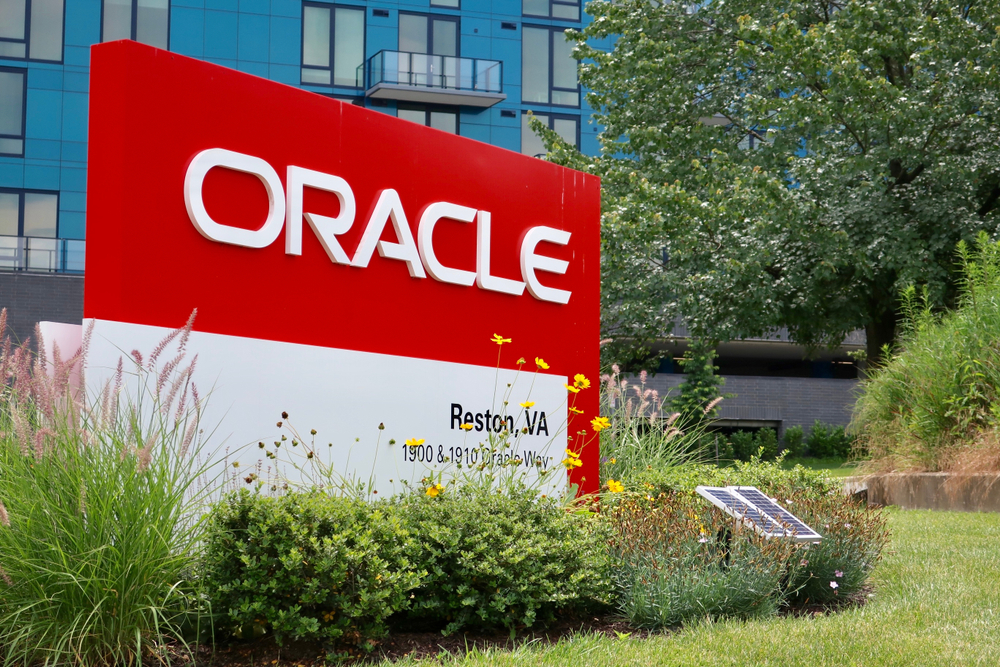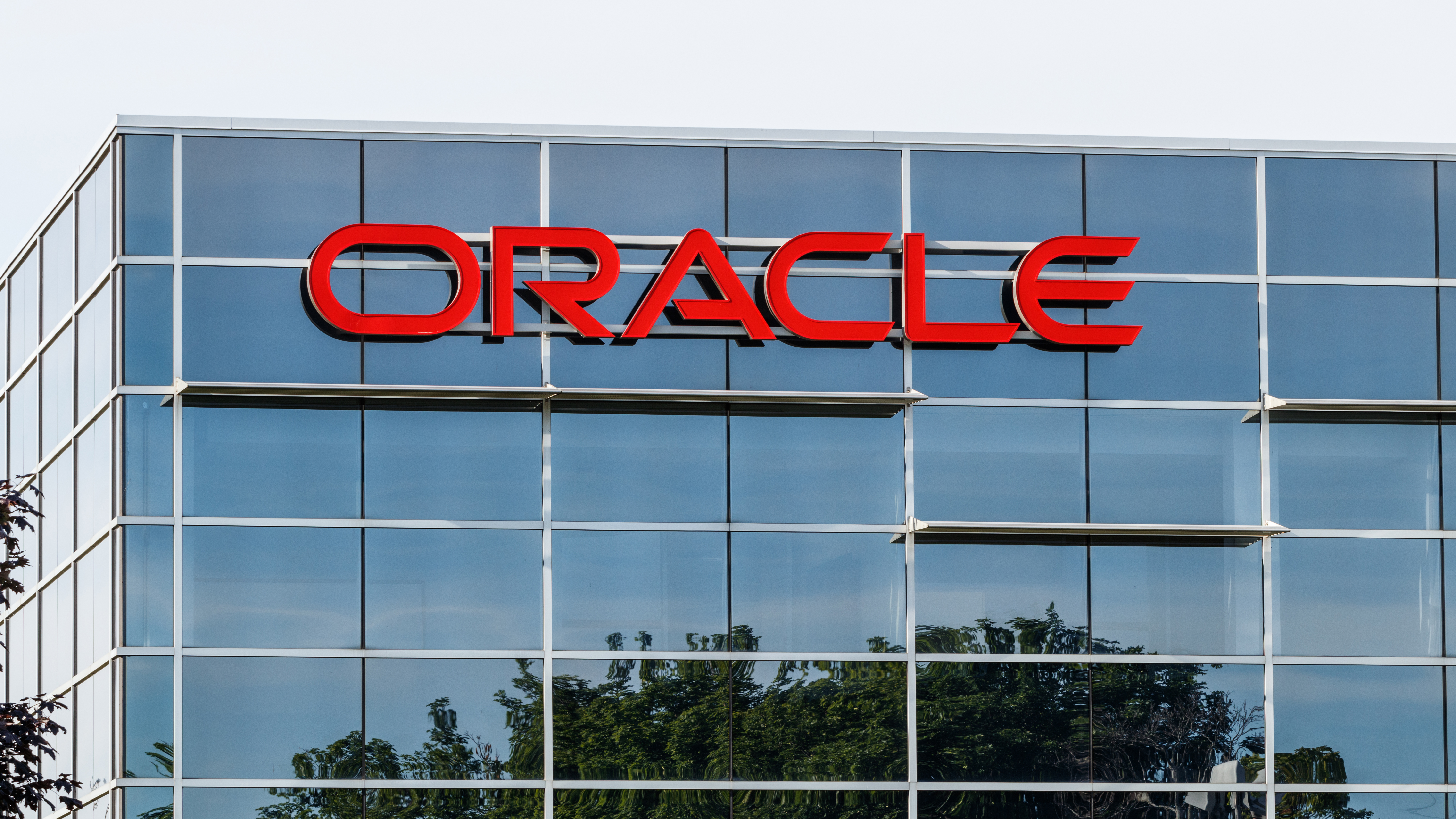Organizations shift away from Oracle Java as pricing changes bite
A survey from Azul Systems finds that, along with cost, customers cite a preference for open source and the threat of a Java usage audit


The vast majority of Oracle Java users are migrating all or some of their use, claims Java platform Azul Systems, with most of those who have already done so saying the process went as planned.
According to the company's global Oracle Java Usage, Pricing & Migration Survey and Report, 86% of Oracle Java users are migrating all or some of their use, with reasons including cost, a preference for open source, uncertainty over Oracle's ongoing pricing changes and the threat of a Java usage audit.
More than eight in ten organizations that have already migrated away from Oracle Java report the process was easier than expected or went as planned, while three quarters say they completed their migrations in less than 12 months and nearly a quarter within three months.
Just over half of the 663 Java professionals surveyed cited Oracle Java as being too expensive, while 47% said they preferred to use an open-source distribution like OpenJDK.
Last year, Oracle changed its pricing model from usage-based payment models to a per-employee fee. And four in ten pointed to ongoing changes in pricing, licensing, and support from Oracle as the reason they wanted to make a move. A quarter mentioned concerns about potential Java usage audits by Oracle and a similar number said that Oracle support was not meeting their expectations.
"The data from the Oracle Java Usage, Pricing & Migration Survey, and Report paints a clear picture: Java users are looking for an equivalent or better alternative to Oracle Java SE which can address their business concerns regarding licensing and support costs and risk of an audit," said Scott Sellers, co-founder and CEO at Azul.
"There is a better path forward: organizations who have switched to commercially supported distributions based on OpenJDK report smooth experiences and achieved significant cost savings."
Sign up today and you will receive a free copy of our Future Focus 2025 report - the leading guidance on AI, cybersecurity and other IT challenges as per 700+ senior executives
According to Azul Systems, Oracle's share of Java Development Kit (JDK) usage has been declining for years, from about 75% of the JDK distribution market in 2020 to 42% in 2023.
According to Azul, two-thirds of organizations that switched from Oracle Java to OpenJDK distributions were able to save on costs. And 83% of the Java professionals said they needed support for production applications, including paid support, support bundled with their existing cloud and infrastructure platform, or both.
When considering what they valued most in paid support for an OpenJDK distribution, participants said the top five reasons were technical expertise, at 61%, timely releases and fixes at 54%, customer support at 42%, stabilized security-only updates at 40%, and migration expertise at 39%.
RELATED WHITEPAPER

"The exodus away from Oracle Java is driven by mounting concerns over pricing changes and a growing preference for open-source alternatives. While some organizations initially hesitated to make the switch, our survey reveals that those who have migrated to OpenJDK distributions have had a positive experience," said Sellers.
"It's clear that the Java community is voting with its feet, seeking more cost-effective, flexible, and open solutions for their Java applications and Java-based infrastructure."
ITPro has approached Oracle for comment.
Emma Woollacott is a freelance journalist writing for publications including the BBC, Private Eye, Forbes, Raconteur and specialist technology titles.
-
 Cyber resilience in the UK: learning to take the punches
Cyber resilience in the UK: learning to take the punchesColumn UK law now puts resilience at the centre of cybersecurity strategies – but is legislation simply catching up with enterprise understanding that resilience is more than just an IT issue?
-
 CISPE claims European Commission gave Broadcom a ‘blank cheque to raise prices, lock-in, and squeeze customers’ with VMware deal
CISPE claims European Commission gave Broadcom a ‘blank cheque to raise prices, lock-in, and squeeze customers’ with VMware dealNews Cloud providers have issued a formal response to the General Court of the European Union after the Commission defended its approval of the deal
-
 Why Java 17 growth is ‘exploding’
Why Java 17 growth is ‘exploding’News Java 17 is now the most popular LTS version, according to application data from New Relic, but what's driving this growth?
-
 SuiteWorld 2023: NetSuite's day-two announcements
SuiteWorld 2023: NetSuite's day-two announcementsLive Blog Keep up-to-date with all the day-two announcements from NetSuite SuiteWorld 2023
-
 Can Oracle really be Linux's knight in shining armor?
Can Oracle really be Linux's knight in shining armor?Opinion The self-proclaimed champion of open source freedom would like you to forget about its history
-
 Oracle’s Java subscription changes spark concerns over cost hikes for smaller businesses
Oracle’s Java subscription changes spark concerns over cost hikes for smaller businessesNews Smaller businesses could incur significant cost hikes as high as 1,400% with most new customers expected to pay at least double
-
 Oracle to launch 14 new cloud regions over the next year
Oracle to launch 14 new cloud regions over the next yearNews The company wants to support the demand for its customers as it looks to open at least two regions in each country it operates
-
 Windows 11 has problems with Oracle VirtualBox
Windows 11 has problems with Oracle VirtualBoxNews Microsoft confirms compatibility issues as new operating system makes its debut
-
 Oracle plans $1.2 billion campus in Nashville, Tennessee
Oracle plans $1.2 billion campus in Nashville, TennesseeNews The company is building ‘new digital hubs’ to meet demand for its cloud products
-
 Oracle unveils latest updates to Oracle Cloud SCM
Oracle unveils latest updates to Oracle Cloud SCMNews Updates to Oracle Cloud SCM provide customers with the insights needed to build and maintain resilient supply networks
